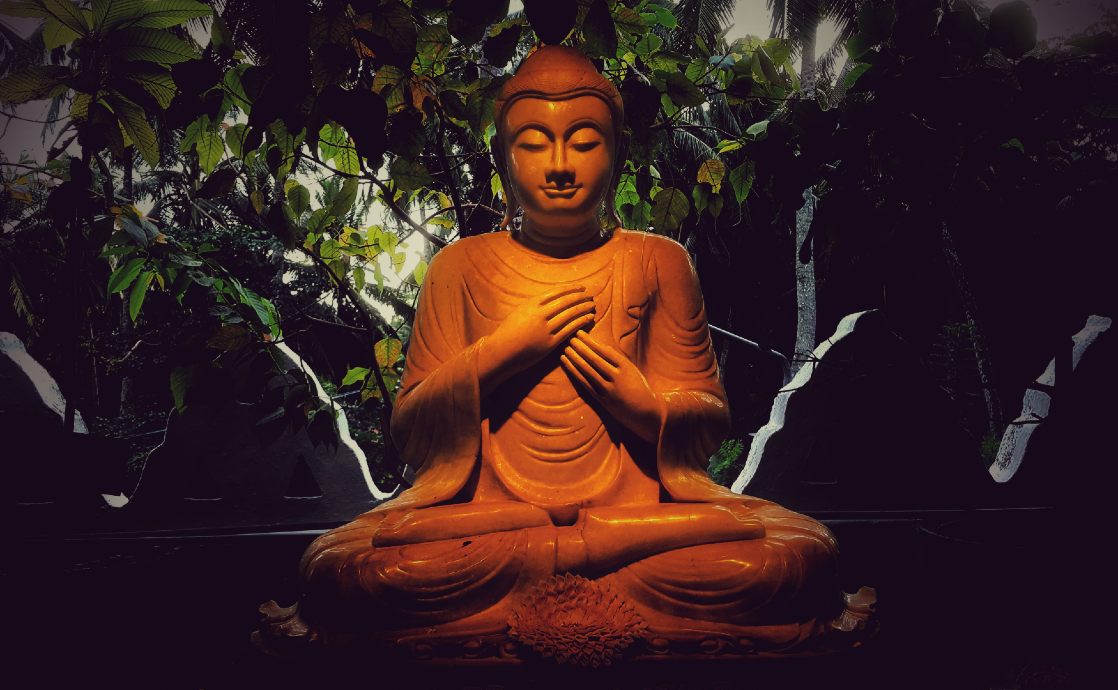The Bahá’í Faith, a relatively nascent world religion founded in the mid-19th century, is recognized for its emphasis on the unity of all major religious traditions. Among these traditions, the teachings of Buddhism provide an intriguing context for exploring concepts such as the “Unborn” and “Unoriginated.” This intersection reveals a unique Bahá’í interpretation of the creator, fostering a dialogue between two seemingly disparate philosophies. At the heart of this exploration lies a common observation: the human propensity to seek out divinity in the realm of creation, and yet, amidst this quest, emerges a deeper fascination with the essence of existence itself.
Buddhism, fundamentally different in its approach to the divine, perceives the notion of a creator as somewhat extraneous. The idea of “Unborn” signifies the ultimate reality beyond birth and death, encompassing the interdependent nature of all phenomena. In contrast, Bahá’í teachings engage with the concept of God as an uncreated, transcendent entity, providing a framework that acknowledges the spiritual essence communicated through various religious narratives. This juxtaposition invites contemplation on the nature of reality, divinity, and the interrelations of spiritual truths across diverse traditions.
To delve deeper, one must understand the Buddhist concept of *śūnyatā*, or emptiness. This doctrine posits that phenomena do not possess inherent existence; instead, they are contingent upon an intricate web of relations and conditions. In the Bahá’í lens, this resonates with the idea of God’s manifestation through Creation, where the Creator is seen as the source of all that is, yet remains fundamentally distinct from the created world. This synthesis signifies that while all things arise from the Uncreated, they do not encapsulate the essence of the Uncreated itself.
The term “Unborn” in Buddhism often refers to a state of existence beyond the cycle of birth and rebirth, transcending the limitations imposed by time and space. In Bahá’í theology, such a concept parallels the understanding of God as the “Unoriginated” — the eternal source of all creation, who exists outside the confines of temporal restrictions. For Bahá’ís, God’s timeless and spaceless nature invites a deeper reflection on the role of humanity within the cosmos, as stewards of a divine legacy.
Furthermore, the fascination with the Unborn and Unoriginated ties into the pursuit of enlightenment and knowledge within both traditions. In Buddhism, the path toward enlightenment involves the realization of **Nirvana**, a state where the notion of self, as well as the illusory nature of the external world, is relinquished. The Bahá’í Faith likewise emphasizes the quest for truth, encouraging adherents to seek their understanding of reality through the lens of divine guidance provided by Manifestations of God. Both pathways require the relinquishment of ego and the acceptance of a larger cosmic reality.
This convergence between Bahá’í teachings and Buddhist perspectives unveils a profound intrigue: the quest for understanding within the dual framework of creator and created. Bahá’ís regard the divine as unknowable in its essence, yet approach the concept of God through the lens of God’s manifestations in the world. These incarnations serve to confirm the connection between the Unborn essence and the unfolding of reality, illuminating the paths that lead to greater comprehension of the divine.
Moreover, the relationship between the Unborn and the Unoriginated invites contemplation on the profound interconnectedness of existence. Both traditions necessitate a harmonization of the personal and the universal. The Bahá’í assertion of the innate oneness of humanity aligns with the Buddhist understanding of interdependence, suggesting that the acknowledgment of shared existence fosters compassion and mindfulness. This convergence also serves as a cornerstone for the global Bahá’í community, which prioritizes principles of oneness, justice, and equity.
Another significant consideration is the role of suffering within both frameworks. Buddhism’s Four Noble Truths elucidate the nature of suffering (dukkha) as an inherent aspect of existence, coupled with a pathway toward cessation. Similarly, Bahá’í teachings convey that the trials of life serve a dual purpose: they are not only tests of faith but also opportunities for spiritual growth. By navigating through challenges, individuals engage with the principles of resilience and transcendence, mirroring the journey towards enlightenment proffered by Buddhist teachings.
Ultimately, one might ponder why there exists such a captivating enthusiasm for reconciling these two philosophies. On one hand, the Bahá’í understanding of God as the Uncreated aligns with the transcendental ideals embodied by the Buddhist Unborn. On the other, the universality of human experience—particularly the shared struggle of seeking meaning in existence—creates a fertile ground for dialogue. As individuals strive for understanding in a world rife with fragmentation, the contemplative examination of principles central to both doctrines fosters an enriching pathway toward unity.
In conclusion, the exploration of the concepts of Unborn and Unoriginated as viewed through the Bahá’í lens of Buddhism elucidates a profound intersection of thought and belief. The synthesis of divergent ideas encourages not merely an understanding of differing convictions but promotes unity and interconnectedness. By contemplating these core teachings, individuals may find deeper resonance in their spiritual journeys, fostering a collective quest for truth and enlightenment that transcends individual tradition and belief.
